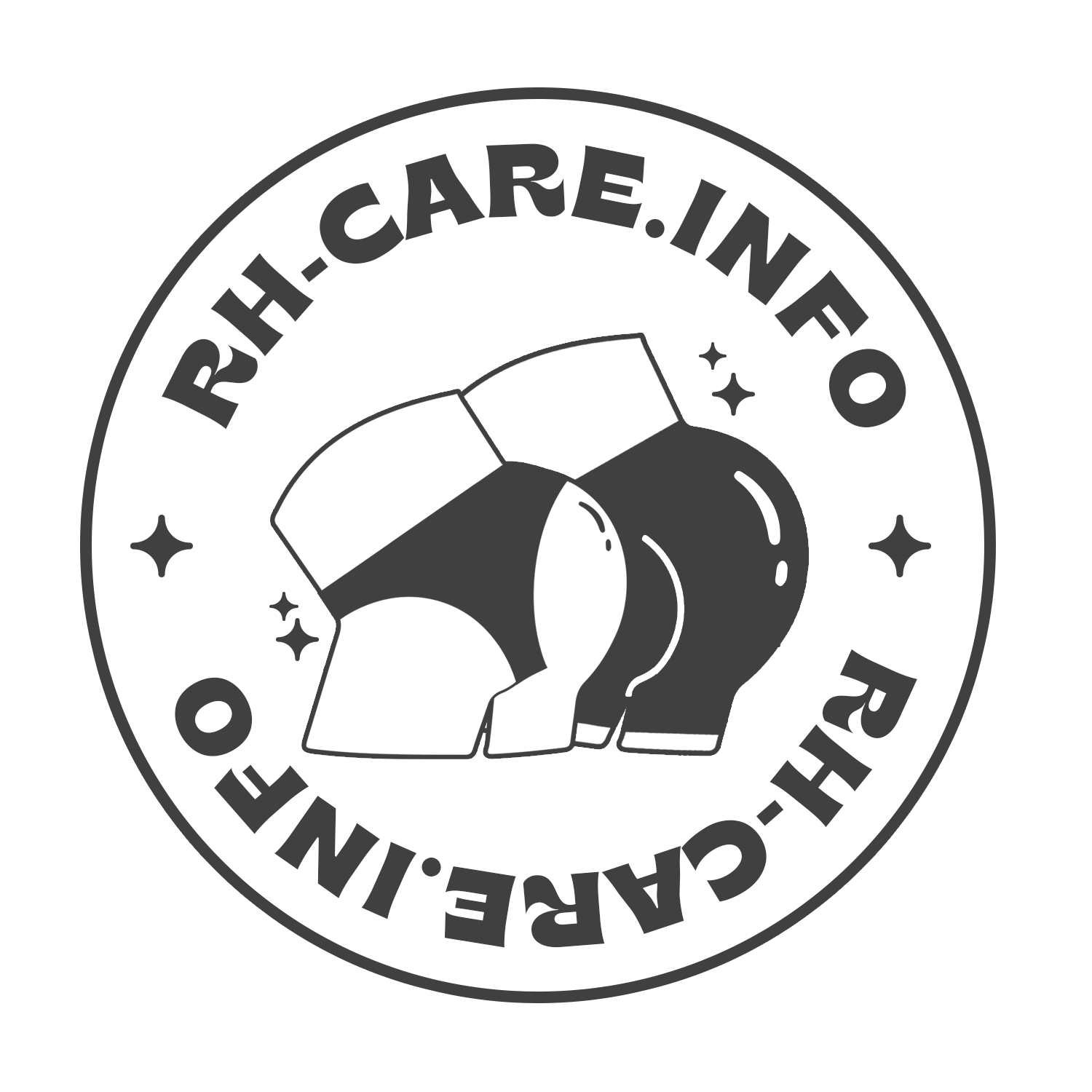The internet has undeniably grown to earn its place in today’s beehive lifestyle: from work, to leisure, and in relationships. It has been today’s reliable source for spreading news, for reaching loved ones at the other side of the world, and for being a sanctuary for anonymity. The online world is one planet we can explore and reside in as honestly as ourselves or as completely different people. It’s the one place that helps us easily connect with strangers of different races, faces, and paces in life as we have.
Yet with all of this access, it’s often forgotten how all of these positives come with great responsibility. Too many people shower attention on ignorance, making it difficult for those quietly seeking for safe spaces when reality hits too hard. When the pandemic gatecrashed itself into the year, people went online because real life access to even basic health facilities and support systems became Covid-focused. So with online trolls and quarantine, where can we find reliable resources for persons living with HIV?
Search who’s near you.
PLHIVs can save themselves from walking in hospitals and clinics in full capacity by checking facilities near their current location. This health facility locator is an easy directory of specific services you are looking for. Type in your current location and see the details of the listed health facilities near you. Phone numbers, directions, and maps will help you find providers that are ready to help.
From Manila? The PLHIV Response Center is Manila’s interactive platform for HIV services. Receive professional support and confidential consultations from their health professionals online and offline, wherever you feel most comfortable. They offer legal services and psychosocial support, from treatments, to counseling, and financial aid. Read more about their services and contact information: here.
Tap on these resources.
We’ve provided local resources on this page to help PLHIVs get tested and receive the support they want. It’s good to make staying informed a habit to help remove the stigma when it comes to HIV and STI. Quickly sharing articles about these topics opens more doors to discussions – a baby step we can all take in spreading awareness.
Join support groups.
On a relatability scale, online support groups can easily hit that end. Having something in common can help people freely open conversations about their experiences. There’s more to groups than memes, and reading personal stories, advices, and updates from these groups become more helpful than intimidating. With support group members being mostly PLHIVs, mere supporters, and health professionals, this type of online community can be a breath of fresh air.
Scrolling on free data? Post anonymously? You’re welcome to join our Facebook support group anytime.
Talk to us.
If you’re seeking for private and professional medical advice, you can chat with our resident Nurse and Doctor for free. For questions regarding birth control, concerns on your pregnancy, gender-based violence issues, or other sexual health issues like HIV and STI, they’ve got you covered.
Read stories and share yours.
It really is time we break the taboo around sexual and reproductive health and #MayKwentoAko starts the conversation. Everyday, we receive stories submitted to us by those who want to break the ice around taboo topics from family planning, to gender-based violence, and everything in between. If you have stories you’d like to share about your experience about HIV/STI, feel free to write them below to start positive conversations.



